The Dynamics of International Business in an Era of Globalization
VerifiedAdded on 2023/06/09
|6
|1563
|382
Essay
AI Summary
This essay provides an overview of international business and globalization, defining globalization as the process by which firms organize their structure, resources, and people with a global perspective. It highlights the role of reduced trade barriers and advancements in transportation and communication in fostering globalization. The essay discusses the four aspects of globalization according to the International Monetary Fund: trade and transactions, capital and investment movements, migration, and knowledge diffusion. It further explores the three major areas of globalization—economic, cultural, and political—and the strategic drivers and facilitators behind them. The causes and impacts of globalization are examined, including the increase in international trade, technological advancements, and the role of international organizations. The essay also addresses the negative impacts of globalization, such as increased competition, job losses, and environmental concerns, alongside the positive impacts, including economic boosts, technological advancements, and cultural exposure. Finally, it touches on emerging trends in international business, such as crowd funding, remote workforces, eLearning, and live video advertising.
1 out of 6
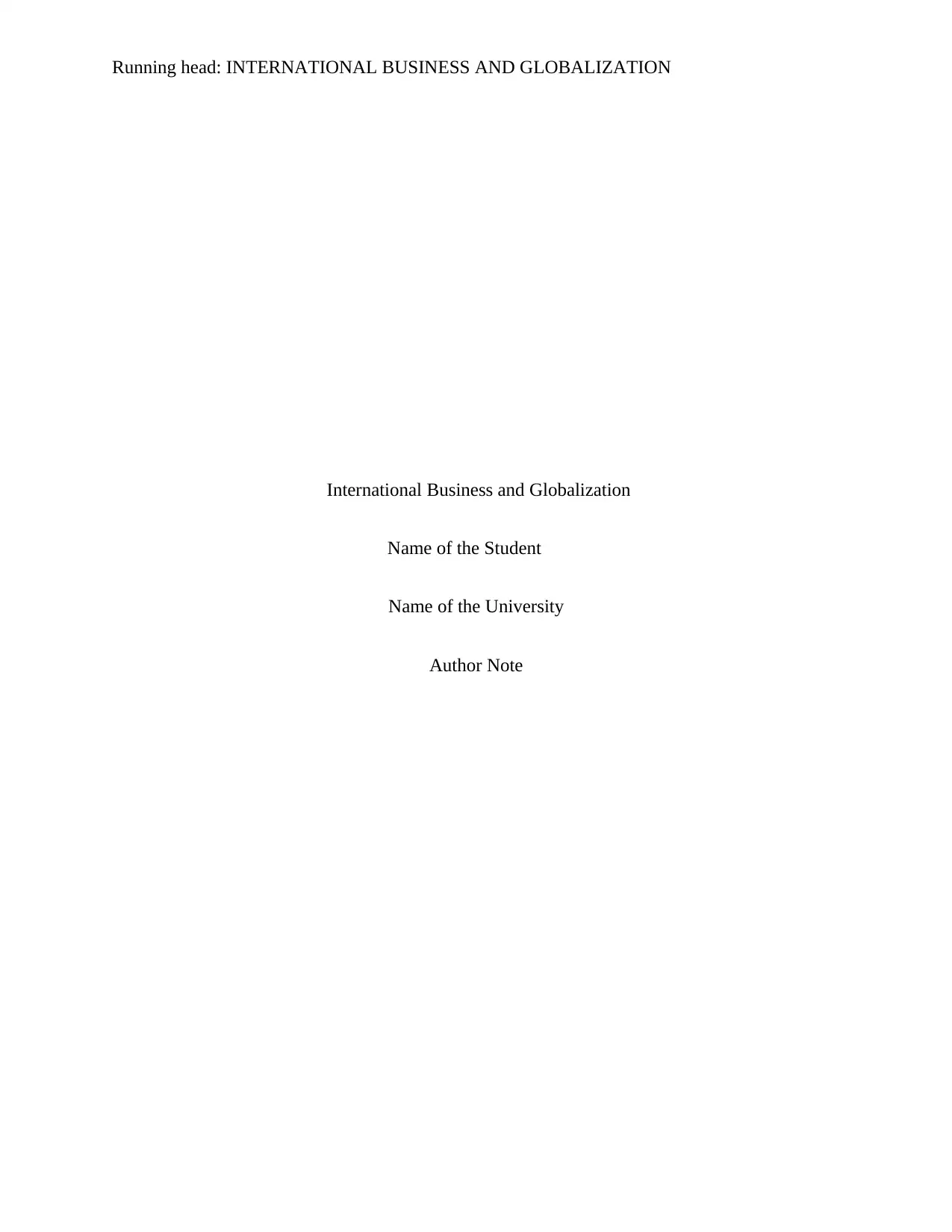
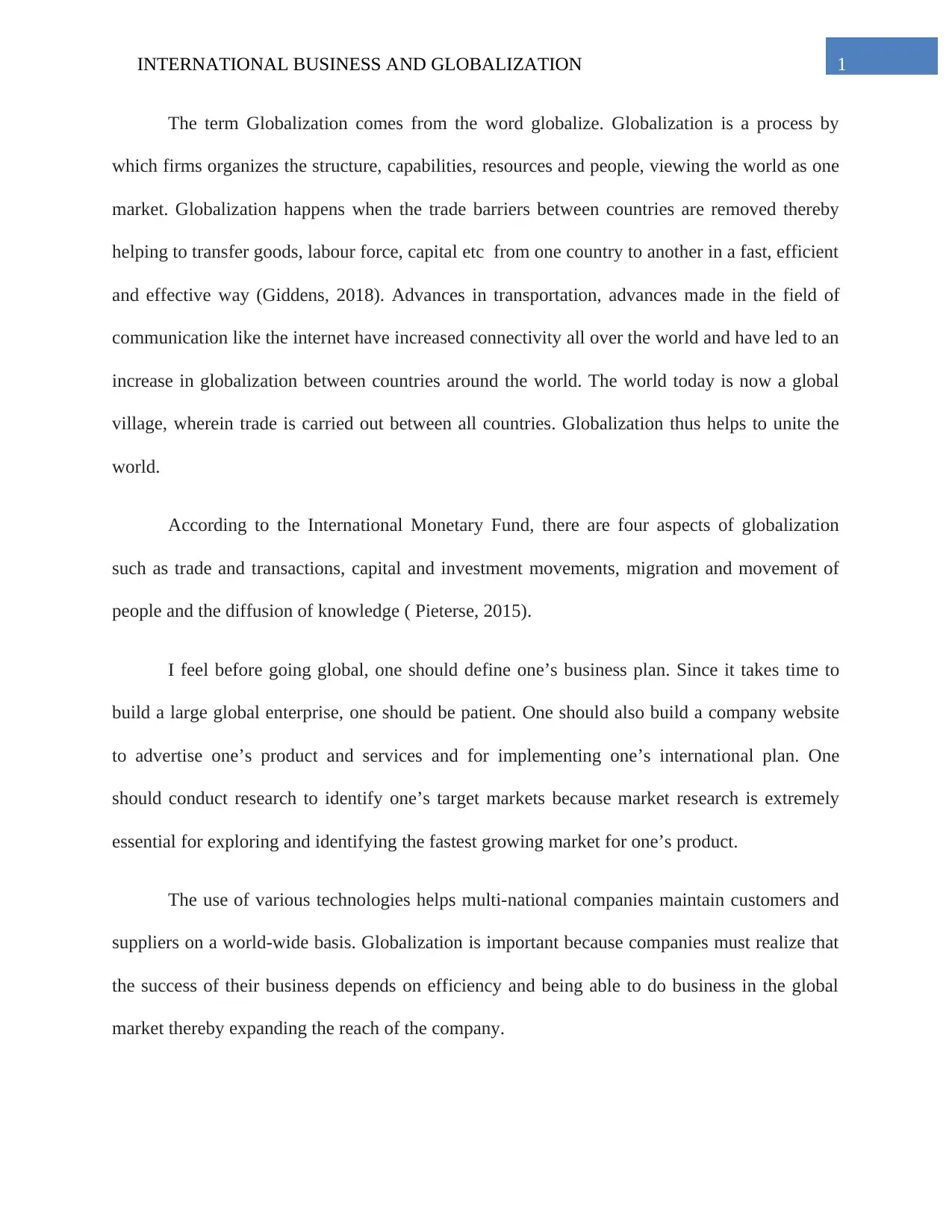
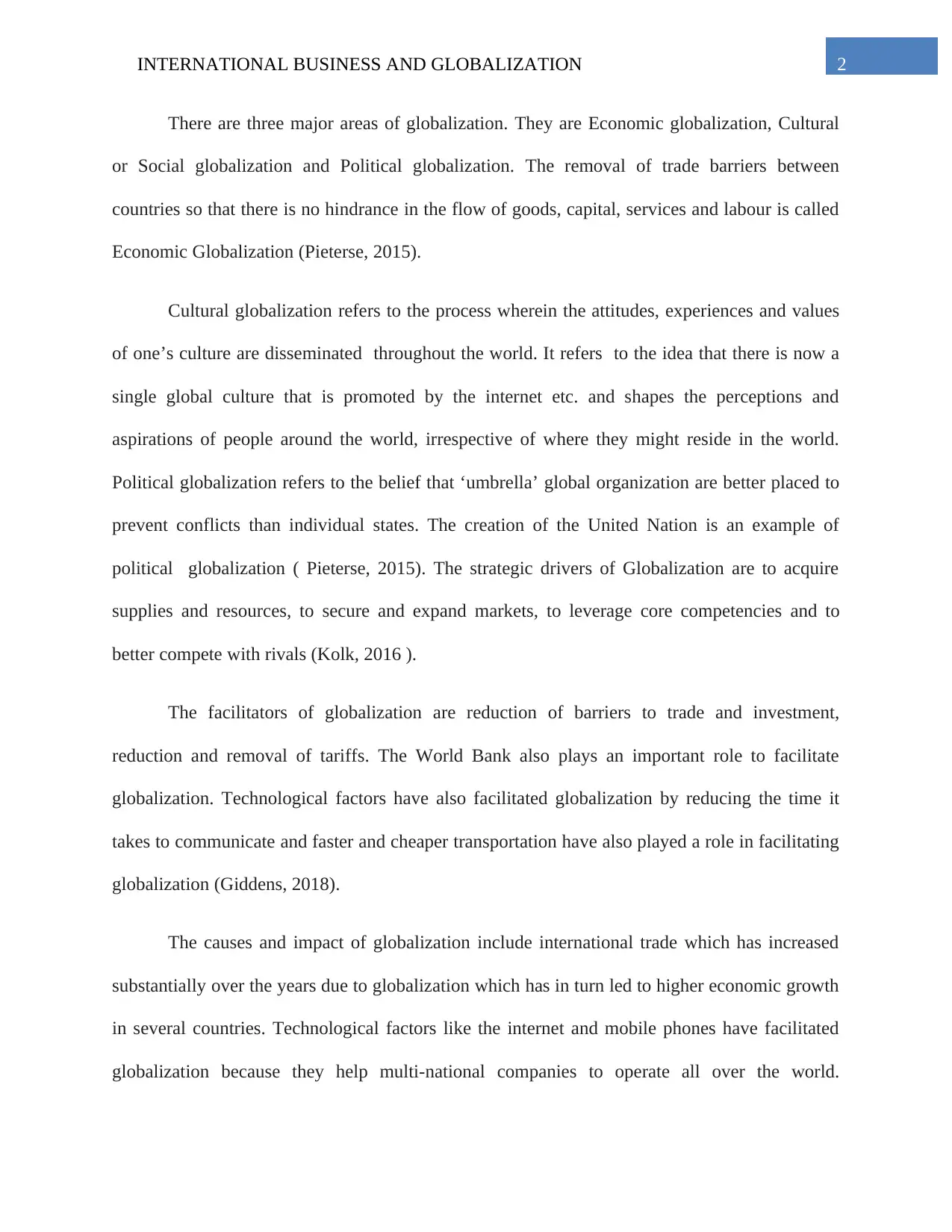
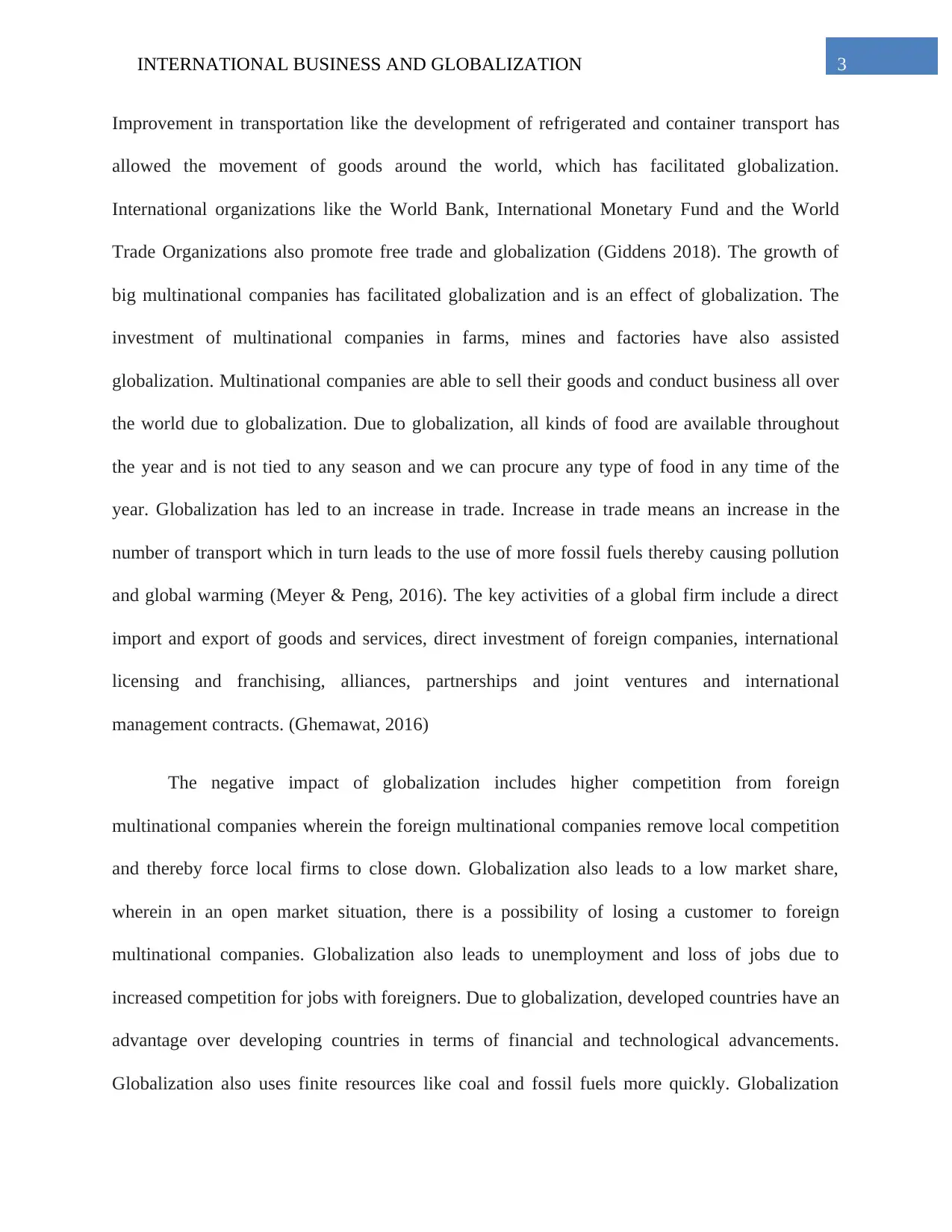
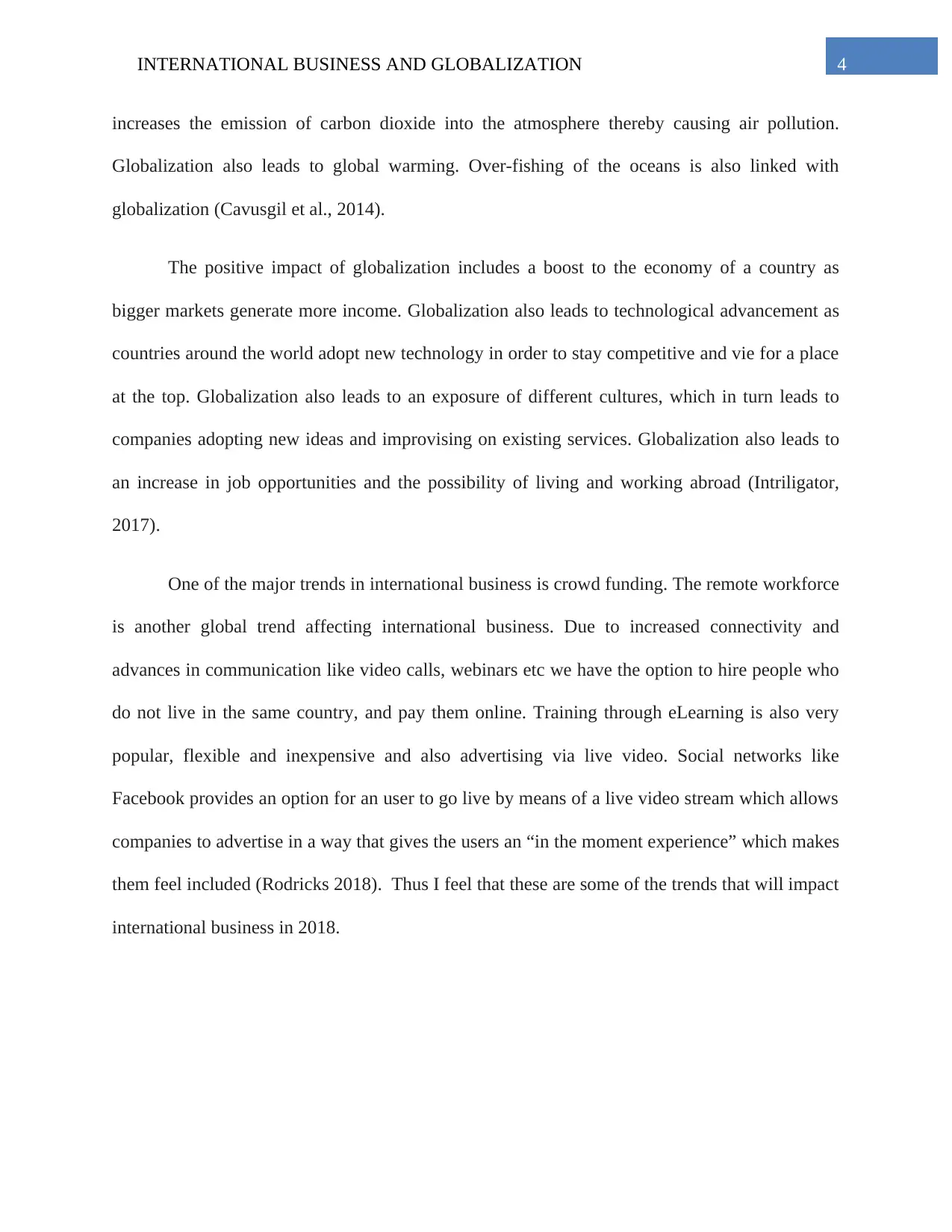
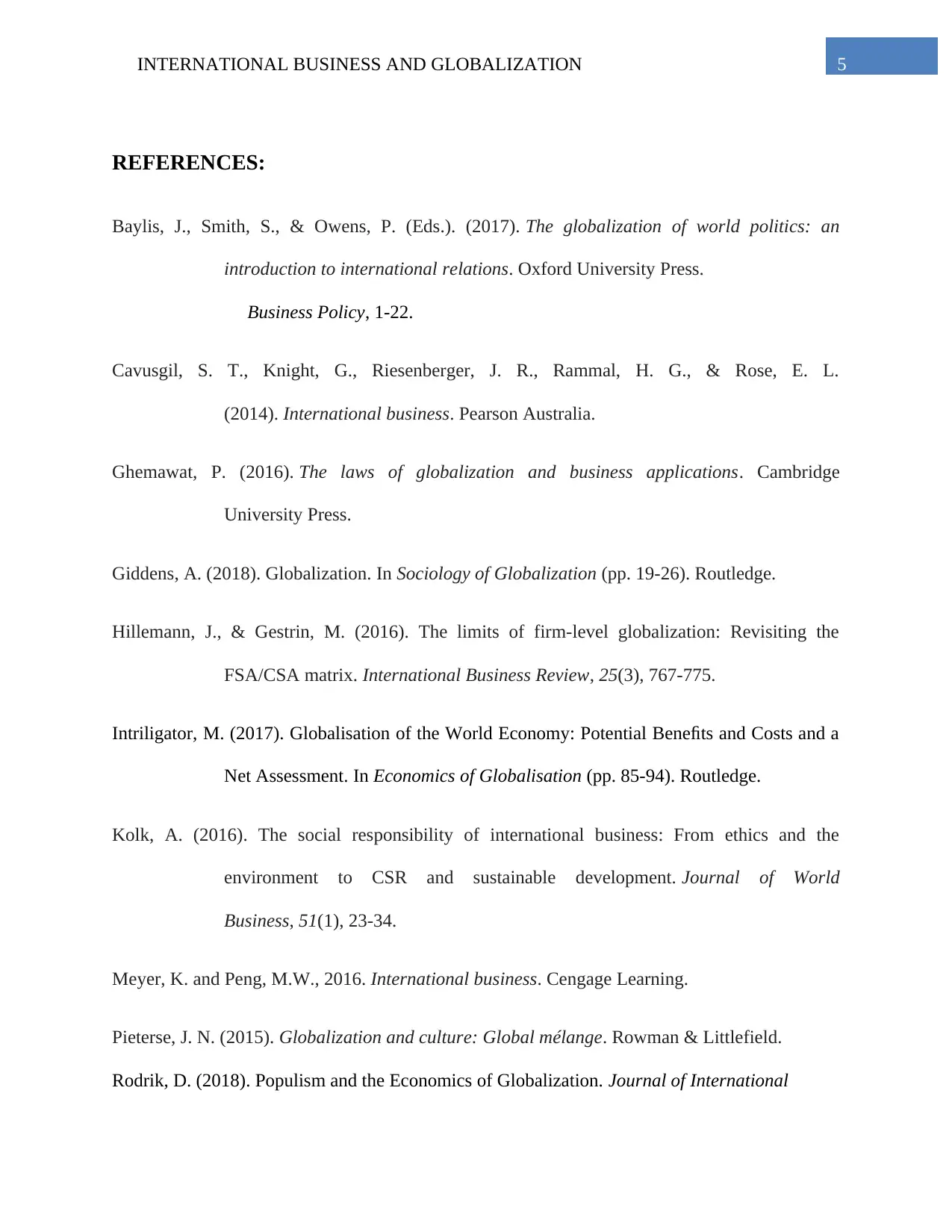






![[object Object]](/_next/static/media/star-bottom.7253800d.svg)